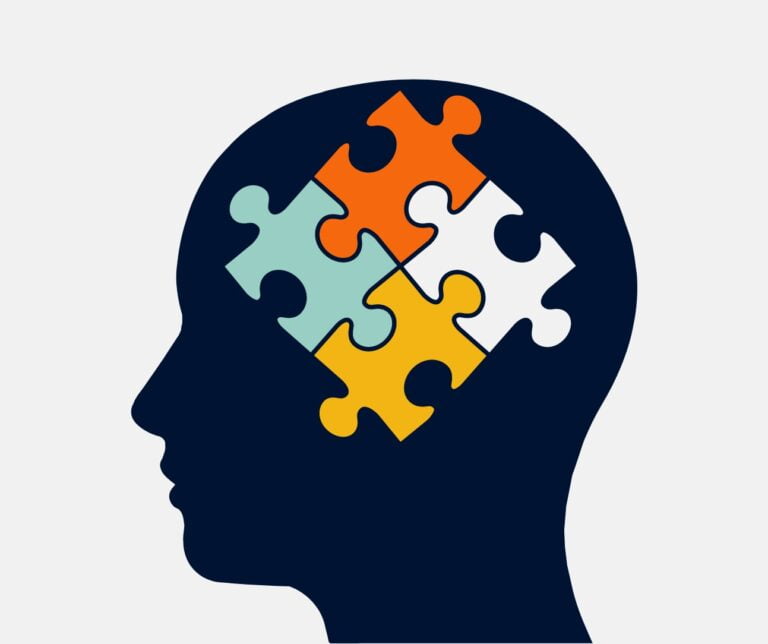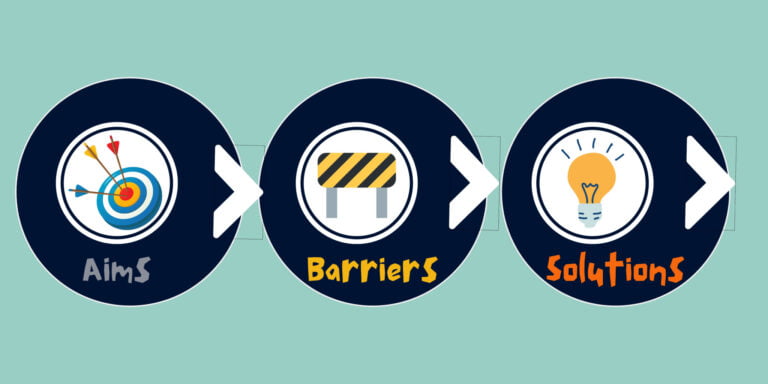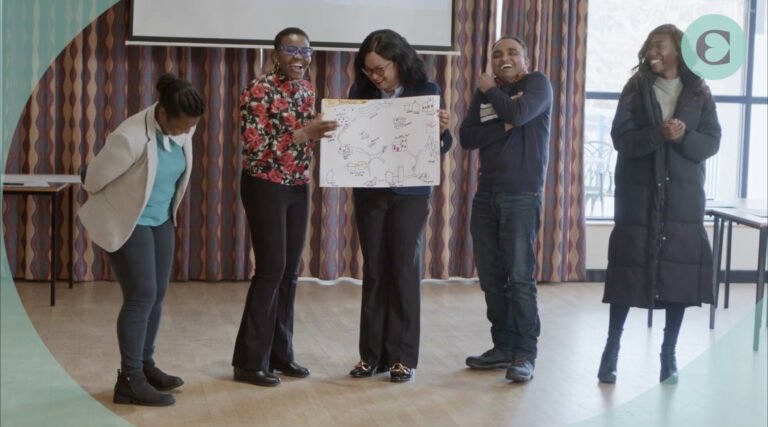Hello! Right, before we start, make yourself a nice brew (and maybe grab a choccy biccy whilst you’re at it).
This is your chance to have some ‘me-time’. Ten minutes, to sit, relax, watch a short film and read about one of the most important topics – looking after you.
Not sure you can do this at work? You’re wrong. It’s in a company’s best interests to look after its employees. Why? Because a happy, healthy employee is a productive employee.
So, go. Pop the kettle on. Make that cuppa!
–
–
–
. . . Right, are you back? Brew in hand? Excellent.
Let’s begin.
So, what did you think? Did you recognise any behaviours? Whilst this montage is a comedic look at the challenges of remote working, it does touch on serious issues. So with that in mind, I want to ask:
How are you? No, seriously. How are you? I want to know.
If you’re a bit all over the place, that’s okay. You are not alone. 2020 is a year we’ll all remember. I don’t even need to say the words . . . [Covid-19.] [Pandemic.]
We are living through an unparalleled time, which is testing everyone in uniquely different ways. Even within my own circle of friends and family, it’s evident that people are having dissimilar experiences: Professionally, some people have returned to the workplace, key workers never left, and others remain working remotely. Some people can see friends and family (from a distance), whereas others can’t because of local restrictions.
Spring proved to be a beacon of light for many earlier in the year. ‘Those with access to balconies, gardens . . . have been benefiting from them during weeks of lockdown, while others have been trapped inside.’ – BBC News: What outdoor space tells us about inequality. Winter, with its biting chill, short days and long, dark nights is certainly going to be an interesting time.
Then looming above everything is health. Maybe we or our loved ones have chronic health conditions. Maybe we’re a carer. Maybe we’ve lost someone. Or maybe we’re struggling mentally with all of this. And who would blame us?!
It’s been a stressful time(!) and we’re unfortunately not through it yet. Millions of people have experienced ‘local lockdowns’, some for months on end and with the new three tiered system of governmental restrictions and with cases rising, millions more will face increased restrictions. We clearly have a long and difficult winter ahead of us.
With all of these vastly different experiences and challenges comes a significant impact on our mental health, resilience and well-being.
In the first six weeks after 23rd March 2020 (UK national lockdown), 57% of people reported symptoms of anxiety and 64% symptoms of depression (study of 3000+ adults), Kings College London and University of Nottingham found. Kavita Vedhara, Professor of Health Psychology said: “This is far in excess of levels usually seen in the UK.” – The Guardian: Stress, anxiety and depression levels soar under UK Covid-19 restrictions.
I’m not ashamed to say my feelings and behaviours have been up, down and all around of late. I’m having to check in with myself and make an effort to top up my resilience regularly. Sometimes I’m okay and other times I’m not. I’m adjusting to this new normal. All whilst the landscape continues to change around me.
What can play a considerable part in how you feel, is how well your organisation, your colleagues and you look after your resilience and well-being. And you absolutely have the right to ask for support in this area. An organisation’s staff are its greatest resource and companies should be investing in and making their staff a priority.
If you’re an employer, when was your last staff satisfaction survey? Have you evaluated staff wellbeing recently? Are you allocating more time and giving staff more frequent 1:1s to see how you can support them? Do you have an employee assistance programme where staff can choose to access counselling? Are staff receiving enough praise? Do staff have realistic goals?
Perhaps you’re reading this thinking, “Yes we have policies and support mechanisms, such as mental health first aiders within our company,” but have you checked your processes are actually working lately? Are they fit-for-purpose? Fit for this unprecedented challenge?!
. . . Or has it been pedal to the metal? All hands on deck (minus those furloughed – which has been a difficult transition for many). Staff performing tasks outside their role descriptions? Regular reviews forgotten?
Don’t worry if you’ve been in survival mode! We’ve all been there and we’re all doing what we can for our businesses, livelihoods and families.
Living in stress is not sustainable long-term though. It takes a toll on mental health, resilience and well-being. At some point an organisation must prevail with a plan and a framework which provides people with structure and support.
Now is the time to reflect on how organisations, teams and individuals can best look out for one another. At Enact Solutions we run workshops on Resilience and Wellbeing in the Workplace, both virtually and face-to-face. It’s a topic I’m super passionate about and is vital training for all staff, especially during these trying times.
Within society, there’s a common misconception that people either have resilience and good mental health or they don’t. This is categorically wrong! In our drama-based experiential workshop delegates:
- discover what fills and depletes their ‘resilience jars’ (it’s different for everyone).
- use live anonymous polling to explore their feelings – something they’re often nervous to discuss with employers.
- are provided with a safe space where they can talk openly about work-life challenges.
- learn clear definitions to increase mental health and resilience understanding.
- witness first-hand the dangers of unhelpful ‘coping’ strategies.
- practise supporting others with effective empathy.
- examine what positive, tangible changes organisations can make.
Resilience is about being able to recover from setbacks, even in times of stress. To apply new approaches to problem-solving and adapt to change. If there’s one time we particularly need to have and understand resilience, it’s now!
Organisational Psychologist, John Amaechi sums up the difficulties of working through a pandemic perfectly: “Nobody is working from home. What we are is, by law, locked in our houses for most of the time to avoid dying from a virus or spreading a virus to somebody else who is going to be more susceptible, and therefore die . . . And in that backdrop . . . we have been attempting to perform at work.” (1min19 – 2min16)
Amaechi’s description really highlights the stark reality of what we’re living and trying to work through. As Imperial College London (ICL) explains: “Feeling positive in the workplace has an important part to play, contributing to many of the essential elements of our wellbeing.” With that in mind, how can we not invest in it?
I adore ICL’s writing on the topic of ‘flourishing’ and want to leave that with you now: ‘Flourishing means a lot more than the absence of stress, or mental ill-health. It is about having energy, passion, self-esteem, improved physical health, supportive relationships and being successful in our endeavours.’
So let’s learn how to look after ourselves, our colleagues and our employees. It’s time to flourish.
Jemma Houghton
Jemma Houghton is one of our Associates at Enact Solutions. She’s been blogging for us on a number of topics recently and is really passionate about raising awareness and having conversations on mental health, resilience and well-being.



